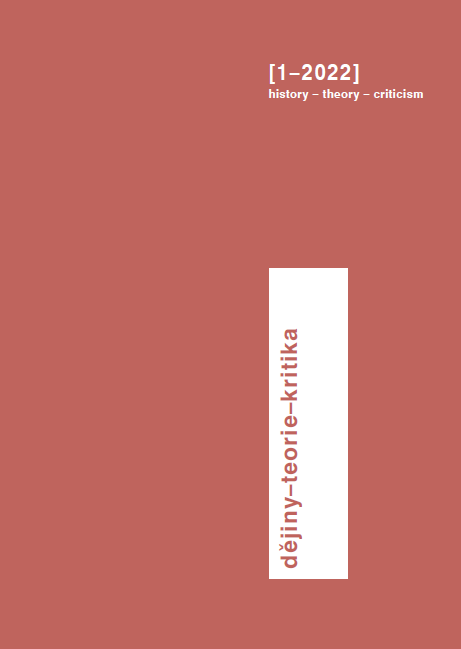World Unity as the Only Future for Modernity: Localising the World State Idea and Its Proponents in (late) 1940s Germany
DOI:
https://doi.org/10.14712/24645370.2948Keywords:
20th century, future, Germany, Joe J. Heydecker, utopia, world state movementAbstract
Cold War history and its focus on systemic competition have somewhat obscured the fact that until the early 1950s, many ideas instead conceived of the future of the world as a development toward greater unity. Especially during the 1930s and 1940s, a zeitgeist oriented toward supra-national political entities emerged, and a worldview beyond the nation-state became plausible for many people who perceived the age of nationalism as coming to a definitive end. Some proponents of these ideas even considered an imminent world state to be the only possible political solution for a secure future. This paper extends the research on world state ideas to post-war Germany and investigates the motivation of the German people to occupy themselves with questions aimed at reorganising the world. By focusing on a preeminent figure of the German world state movement, photographer and journalist Joe J. Heydecker, this paper demonstrates the influence of spiritual beliefs as well as technocratic ideas on the world state idea. It argues that the envisaged world state was not necessarily a democratic one but can be understood as a manifestation of a conservative search for different political modernity.


